
TOOLS + TECHNIQUES TO INTERVIEW PREPARATION
Being prepared for your interview is one of the most important tools to assist with interview technique, it will give you more confidence and help you relax during your meeting.
Being unprepared will show in the answers you provide to the people interviewing, and will likely show in your body language.
Prior to the interview, it is essential that you get a good understanding of the Company and the position you are applying for
DO YOUR
+ RESEARCH
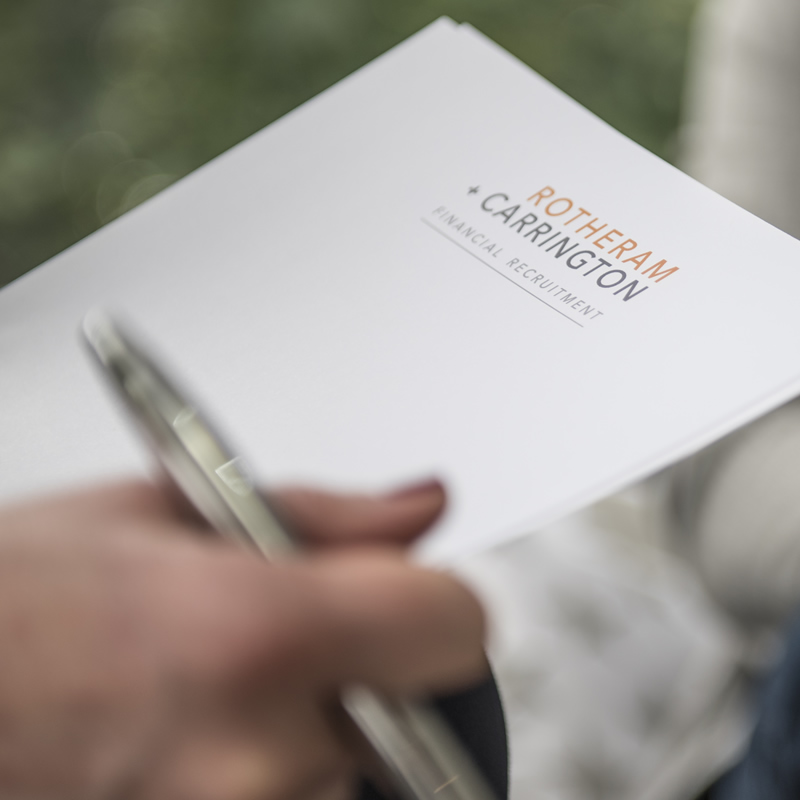
Research the Company
You can easily do this online via their website and social media channels. Make sure you get a good understanding of what the business does and check out their company values.
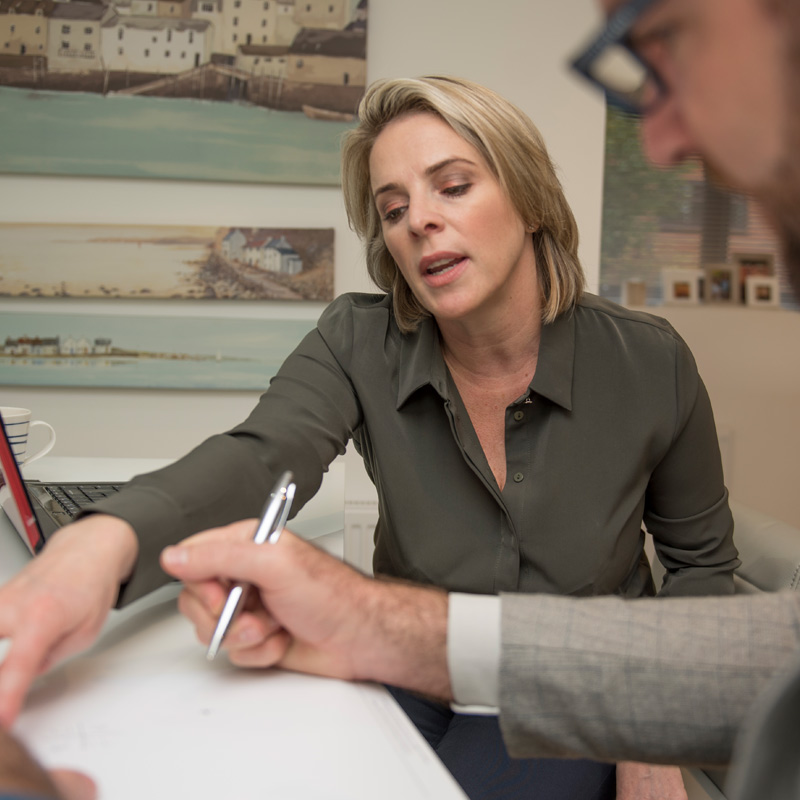
Take a look on linked in to see who else works for the business to see what types of background they have come from, you may find they have a similar interest which can help with the flow of the interview (but only to be used should the interview ask you about personal interests)
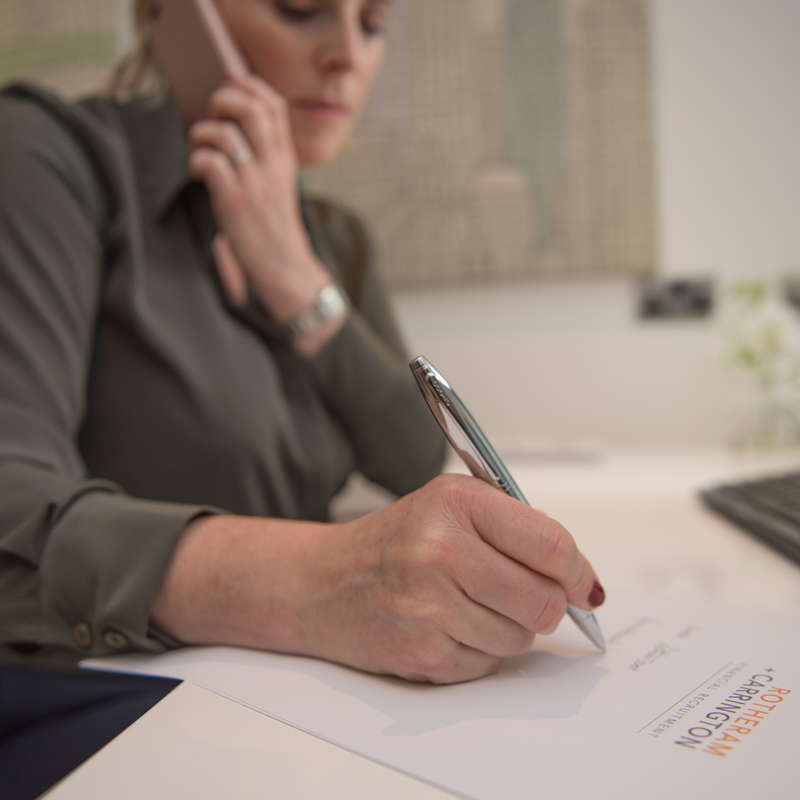
Make notes
The act of writing down your research notes will help you remember valuable information when you need it most – during your interview!
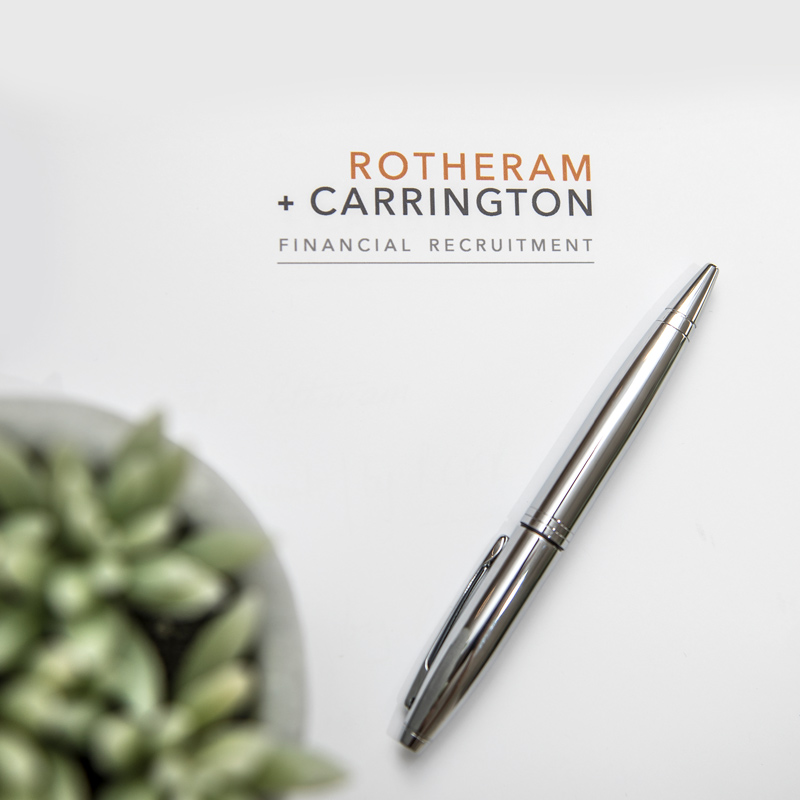
We are here to help
Your recruitment specialist will provide you with all the essential information about the opportunity to help you prepare. They will also arrange a telephone call with you prior to your interview to go through any questions you may have.
FIRST
+ IMPRESSIONS
Timekeeping . This is vital! Arrive 15 minutes early to allow time for parking, security sign-in, etc. This will also give you some time to relax before you go in.
Know the journey, always allow more time – Do a trial run a few days beforehand so that you know where to go and how long it takes. If you are driving, make sure you know where to park.
Stuck in traffic – Sometimes it is completely unavoidable, so do make sure you have the organisations contact number stored in your mobile, and call reception when it is safe to do so. Alternatively call your recruitment consultant and they will call ahead on your behalf.
Look the part – It might sound obvious but smart dress is essential, unless otherwise specified. Your recruitment consultant can advise accordingly.
To be on the safe side take a copy of your CV to your interview
If you have time & there is a manned reception, maybe ask how their day has been so far, have they worked for the company for long, many interviewers will check back with front desk to see how you engaged on arrival
Try to stay calm & breath
Remember to introduce yourself with your full name
If you are offered a drink, do accept as this will help you to relax
They may ask you to fill in an application form, this is generally standard process
Take identification with you just in the event they ask, again this is standard process with many companies, so no need to be alarmed (driving licence or passport are usually sufficient)
Make sure your phone is turned off
INTERVIEW
+ TIPS
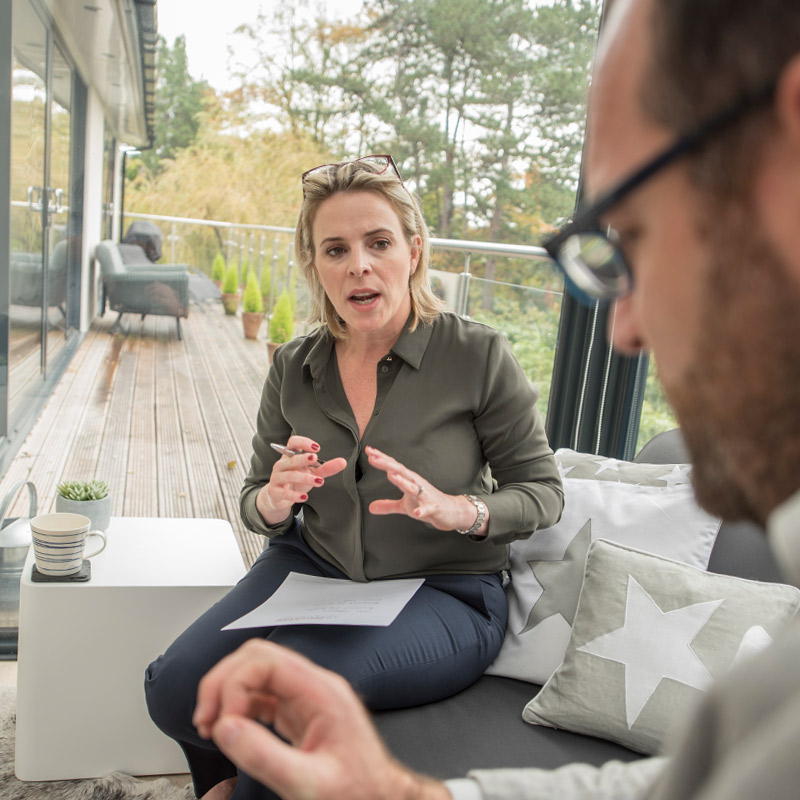
Communication when you first meet a person it is an illustration of how you will communicate in different situations i.e with your team, peers, customers, clients within their business and the interviewer will be closely looking at specific areas to gage fit within their business.
This also includes the tone of your voice, how clearly you speak, eye contact and body language, so it is important to practice this before you attend your interview, get a friend or family or your recruitment specialist to help.
Sometimes when people are nervous they have certain body language such as clicking a pen or fidgeting that they may not be aware of so identifying this can help re-channel any nervous movements.
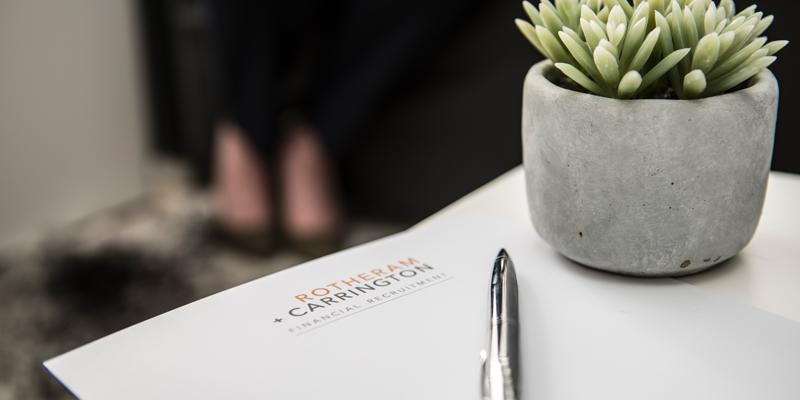
Many questions can be anticipated in advance, so it is worth while making notes of likely questions that could be part of the interview process and how you would answer.
It is important to keep your answers short and concise, try not to ramble. Be prepared to answer technical questions that could arise from reviewing your CV & have examples ready in relation to the job you are applying for.
Be prepared to explain your reasons for leaving each role and have a mental note of all key achievements in each role.
Below are some of the questions you might be asked:-
Why did you choose a career in accountancy/office support/senior finance ?
What kind of job are you seeking?
What is your technical experience?
Why would you like to work for our company?
What do you want to be doing in your career five years from now?
What style of management gets the best from you?
What have you done that shows initiative in your career?
What are your major weaknesses and what are your strengths?
Use examples from your previous experience that highlight areas specified on the Job Description. Keep examples recent and relevant, from within the last 5 years. Use a variety of different examples.
Think about the different interviewer’s motivations: HR’s main concern will be to ensure that you fit the company culture, but they will not generally be able to assess your technical ability to do the job. Unlike the line manager, who will be able to test your skills and will also be checking out your personality
Take your time to answer the questions - it’s better to give a decent answer after a few seconds pause
Make sure you fully understand the questions you’re asked - ask for more explanation if you need to
Try to stay away from the standard answers like (“I’m a great manager & my staff really respect me”), which you can’t back up with examples from the workplace
Don’t criticise your current employer - it’ll make the interviewer question your loyalty
Avoid mentioning salary or company benefits unless asked
Ensure you are fully conversant with the timeline and dates on your CV
Above all enjoy your interview, smile and be yourself
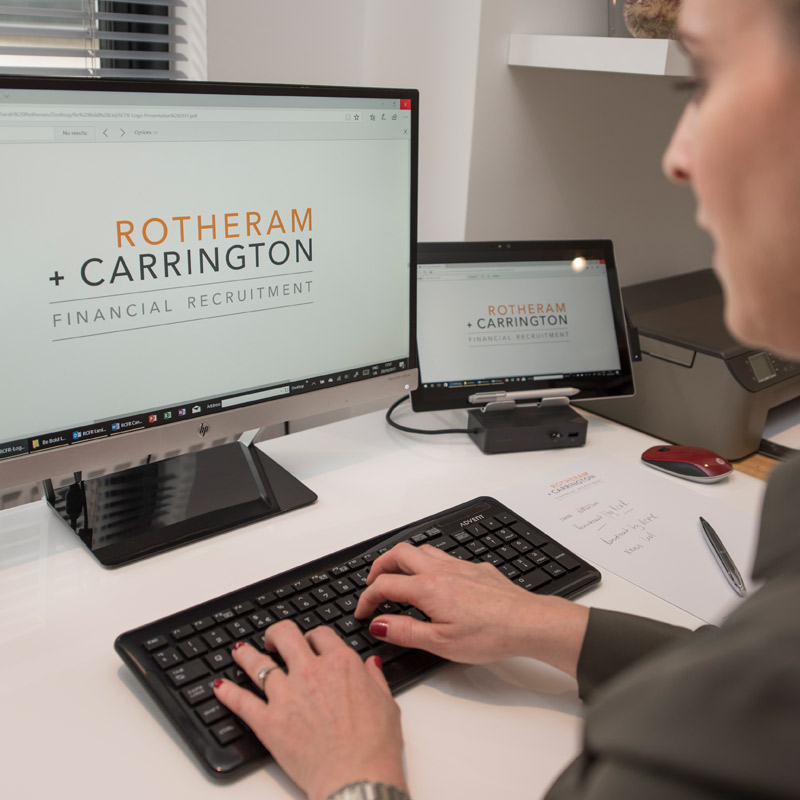
At the end of your interview, smile and thank the people involved for their time. Whilst decisions and job offers are usually made sometime after the interview(s), should an offer of employment be made at the conclusion of any interview you attend, ask whether the offer will be confirmed in writing. Also, it is not unreasonable to request a short period of time to consider the offer before formally accepting.
If you have any further questions on the interview guide, please do not hesitate to contact our specialist recruitment team for advice on 01244 980591.

